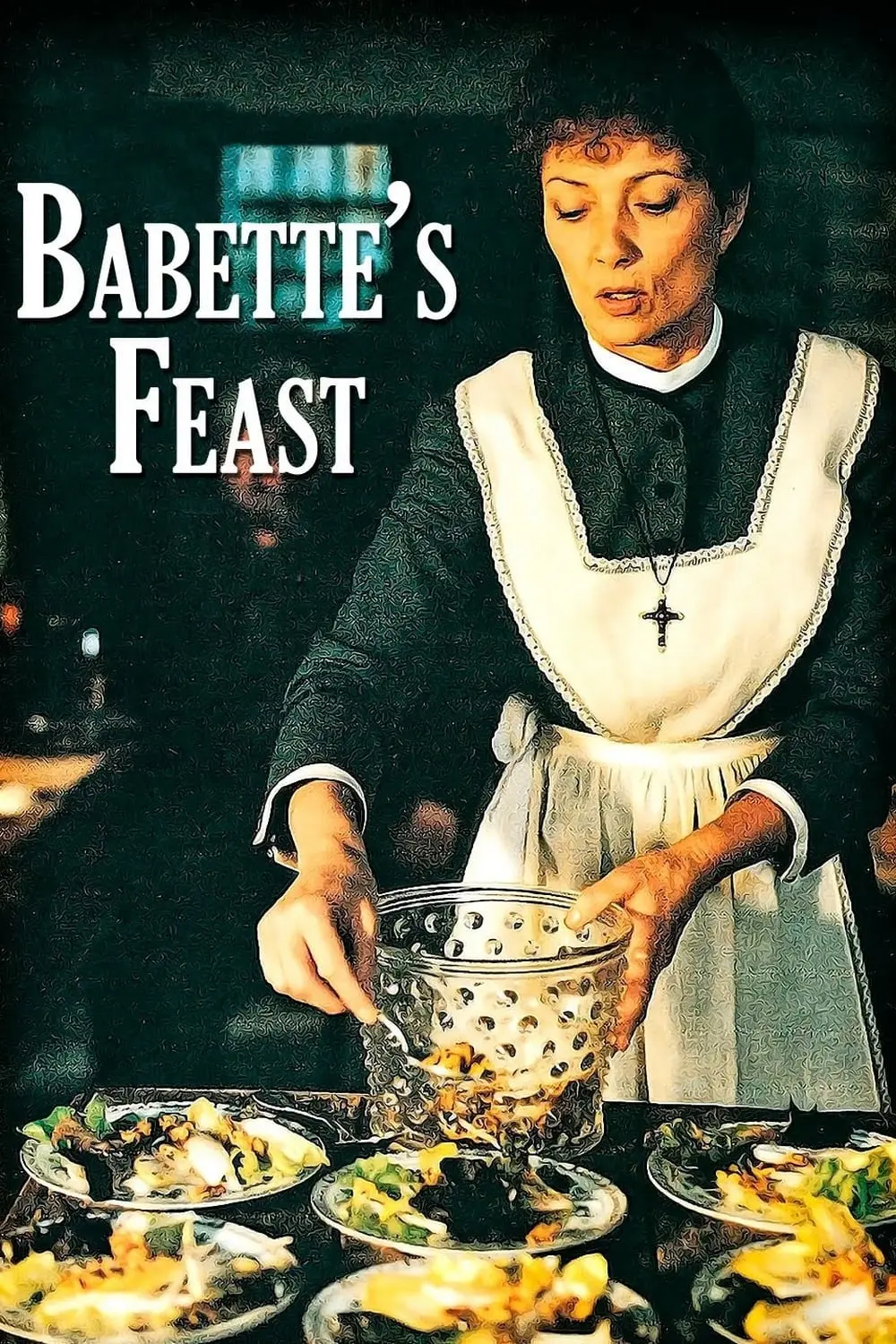In a small, isolated Danish village during the 19th century, two spinster sisters, Filippa and Martina, live under strict religious rules and a monotonous routine. Their lives change when a French refugee, Babette, appears at their door, seeking asylum after the war. The sisters, although hesitant at first, welcome her with open arms, and Babette becomes part of their home.
Years pass, and Babette wins the lottery, deciding to use her unexpected fortune to prepare an exquisite dinner, a culinary experience that promises to change the locals' perception of life and religion. As the day of the dinner approaches, the sisters struggle with the idea of enjoying a feast that might clash with their austere way of life. However, the dinner becomes a celebration of flavors and memories, a breath of freedom that awakens old desires and repressed passions in all the attendees.
The villagers, initially skeptical, begin to savor the combination of dishes and the atmosphere of camaraderie that Babette has created, transporting them to a world beyond their strict existence. The film, rich in symbolism and moments of introspection, explores themes of generosity, sacrifice, and the beauty of life, reminding us that even the most hardened hearts can open up to magic and pleasure. By the end of the evening, the transformation of the characters and their appreciation for the simple and the extraordinary lingers in the air.
